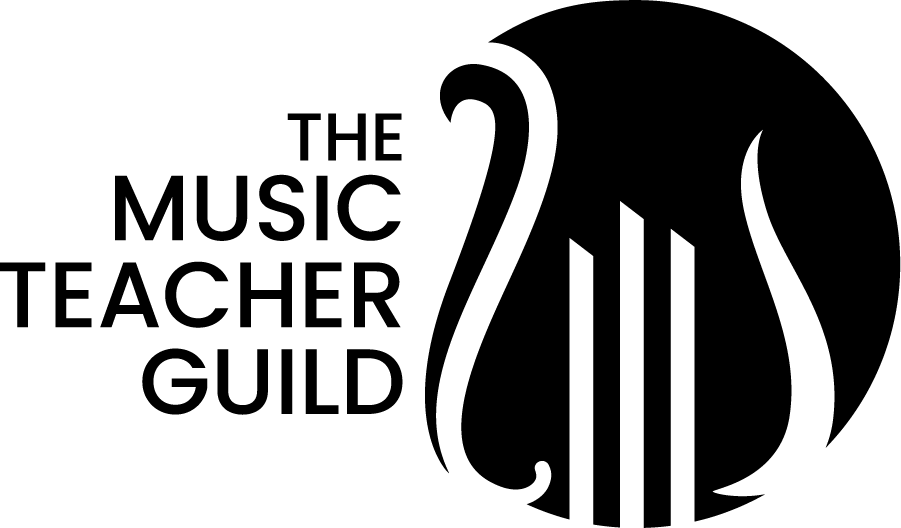Nicola Barbieri
During his studies in Music Performance with double bass, ancient bowed instruments for basso continuo (Viola da gamba, Violone, Cello, and Double Bass), and historically informed performance practice, Nicola Barbieri began an intense career as a performer in orchestras and chamber ensembles worldwide, collaborating with some of the most prestigious institutions for classical repertoire. Still today, after approximately 25 years of career, he remains active as a performer with important European and American institutions, alongside teaching commitments and management of music departments at international educational institutions.
His training as a musician and educator took place in significant European and international contexts (The Hague Royal Conservatory), including some of the major Italian conservatories and academies (Milan, Fiesole Music School, Teatro alla Scala), and his passion for teaching emerged from the early stages of his professional musical career. He took on roles as an assistant and part-time teacher at conservatories and music schools, distinguishing himself as a teaching artist at various international artistic residencies (France, Italy, Poland, Denmark, USA, Mexico, etc.).
Gradually, in Nicola's musical career, the transmission of musical knowledge through individual instrument lessons, small and large groups for ensemble music, and classes for General Music has gained increasing importance, particularly within international contexts such as the "A. Stradivari" International Institute and International Schools (Lugano, CH; Seoul, South Korea; Turin, Italy; etc.). In these settings, Nicola's activity has been consolidated with titles such as Instrumental Tutor, School-wide Music Teacher (IB schools), Head of Departments for Music and Visual Arts, Director of Performing Arts, Whole School Event Coordinator, etc.
Currently, Nicola is a Learning Leader at the International School of Turin (Italy), active in the EY, PYP, MYP, and DP areas.
-
When selecting activities to contribute to skill acquisition, I first seek to understand the specific strengths and weaknesses of each mentee in terms of skill development. This involves reviewing their past performances, discussing their teaching methods, and exploring their goals. From there, I identify the skills that need to be developed and assist the mentee in setting SMART objectives (specific, measurable, achievable, relevant, and time-bound). Learning activities are then designed to directly target these identified objectives.
I encourage collaborative group activities, such as performances and ensemble practice sessions, or discussions on pieces, musical elements, and repertoire. Collaboration fosters communication and teamwork skills.
In seeking a variety of learning activities to appeal to different learning styles and preferences, I adopt a parallel approach that balances dichotomies inherent in practicing music or performing arts. This ensures a broad scope of action and enables the teacher to act confidently and comfortably using knowledge already available in different areas. For each unit or module of learning, various activities and skills are drawn from both ends of each dichotomy: tradition/technology, knowledge/experimentation; subject-specific/interdisciplinary; curriculum content/experience; theory/practice. At the same time, I employ a scaffolding procedure in the proposed activities: activities should be engaging, relevant, and appropriate for the mentee's level of proficiency at every step.
As a teaching strategy, I often encourage other teachers to explore different artistic experiences, and interdisciplinary connections, and seek for exchange with other arts to understand styles, artistic outcomes, and historical contexts. I encourage them to look for references in the figurative arts and other performing disciplines, or other subjects they are passionate about, to be able to make tasteful choices concerning content, style or techniques.
-
The first thought when considering my activity as a mentor to colleagues and collaborators is always related to the fact that naturally, in various workplaces I have frequented, I have regularly found myself in a situation common to many teachers: although not officially recognized, I have often been identified and pointed out by colleagues and collaborators as the person to turn to for advice and guidance in moments of difficulty, distress, or conflict in the workplace, with numerous confidences and sharing sessions. Pleasingly, I noted that these individuals with whom I interacted regularly returned to seek my advice, but also took care to tell me how my advice had presented valid, unexpected, and effective alternatives or perspectives that had indeed contributed to the resolution of any difficulties or disputes. In recent years, while occupying various mid-level leadership roles - and particularly in the last two years, directing a department with a variable number of 8 to 10 teachers - these mentoring commitments have become an integral part of my job description and my daily work routine.
What is important for me to provide to a colleague seeking help or advice are concrete and easily implementable tools and strategies that do not immediately presuppose the request for the development of further skills by the individual (as this would increase the workload at a delicate moment). Only later, in the long run, do I recommend further exploration and professional development in line with the requests presented.
In a mentoring session, I always start by sharing personal experiences - mine and the other person's, to empower, legitimate, and set a common ground. I use modeling to demonstrate effective teaching techniques and strategies. Starting from this, the key point of my suggestions is to present perspectives that have not been considered, to broaden the individual's thinking horizon and present solutions or optics that have not been previously experimented with.
- acoustic
- arranger
- artist
- arts advocacy
- audio producer
- author
- band director
- chamber music
- choir director
- choral
- clarinet
- classical
- classical music
- classroom
- classroom teaching
- clinician
- collaboration
- college education
- composer
- composition
- concert bands
- conducting
- conductor
- curriculum design
- dei
- digital
- diversity
- drummer
- educatior
- educator
- elementary music
- engineer
- ensemble director
- equity
- experimental
- festival
- festivals
- film score
- flute
- fundraising
- grammy
- guitar
- guitarist
- healer
- high school music
- improvisation
- inclusion
- instrumental music
- international
- jazz
- jazz bands
- jazz music
- live audio production
- live music
- marching bands
- mentoring
- middle school
- modern dance
- music business
- music conferences
- music consultant
- music education
- music educator
- music pedagogy
- music performance
- music teacher
- music technology
- music theory
- musical theater
- musician
- opera
- orchestra
- orchestra director
- pedagogy
- performance
- performer
- piano
- pit orchestras
- popular
- private lessons
- private schools
- producer
- professional development
- program development
- public schools
- R&B
- recording
- rock band
- saxophone
- soloist
- songwriting
- string instruments
- studio
- teaching
- teaching career
- trumpet
- violinist
- vocal
- vocal performance
- youth symphony




